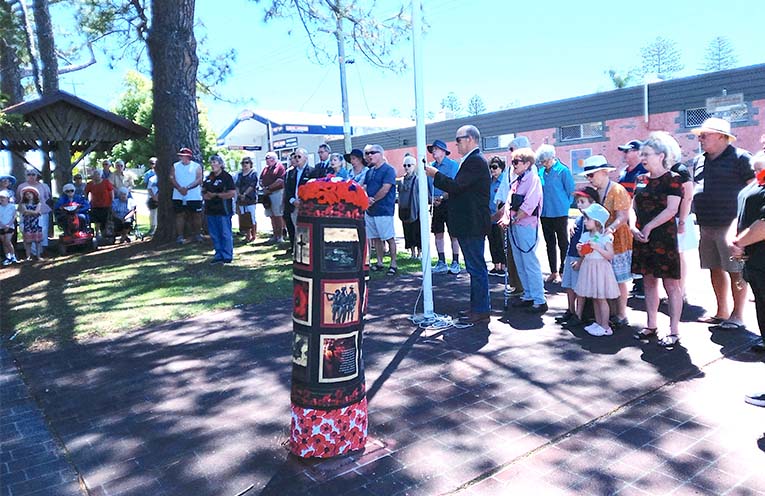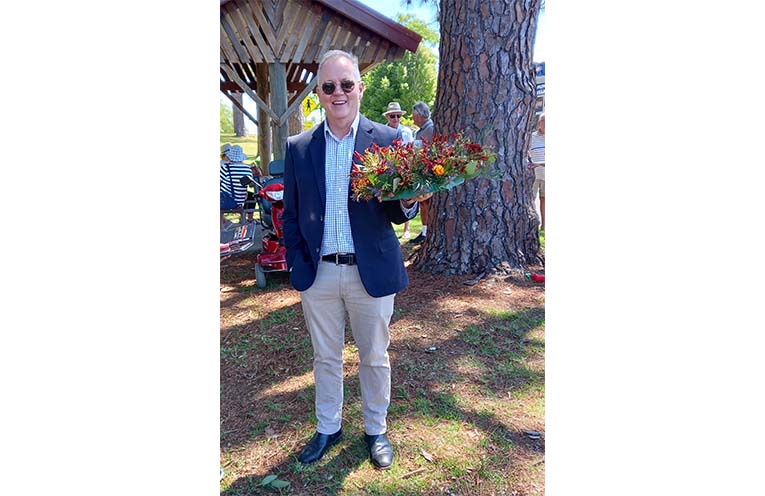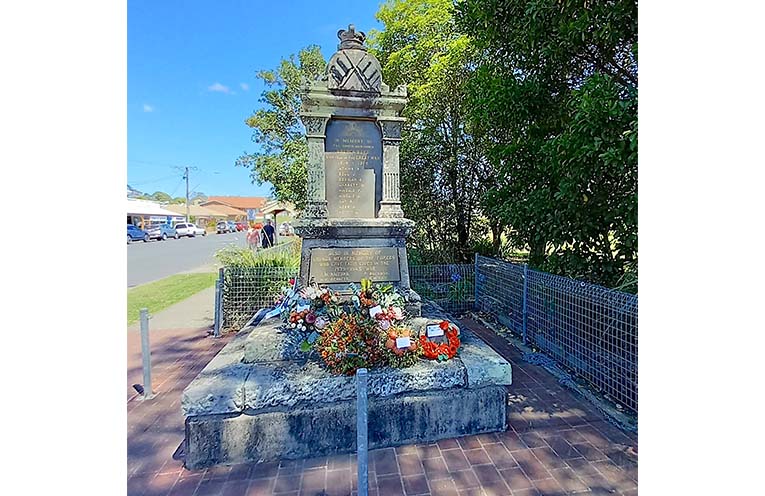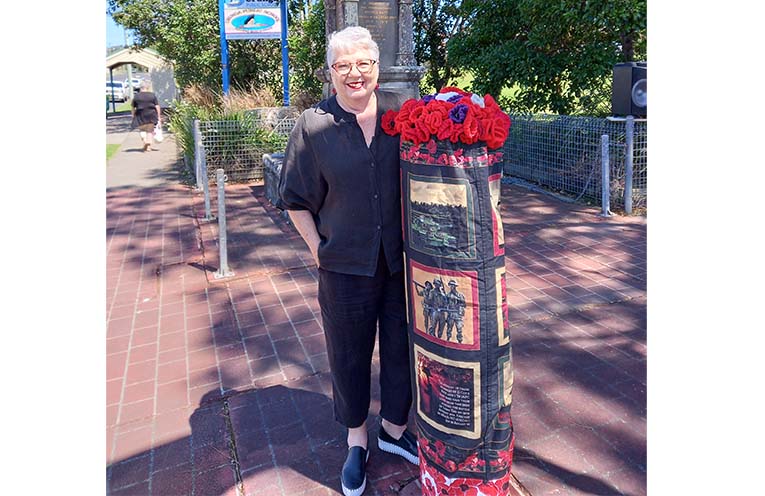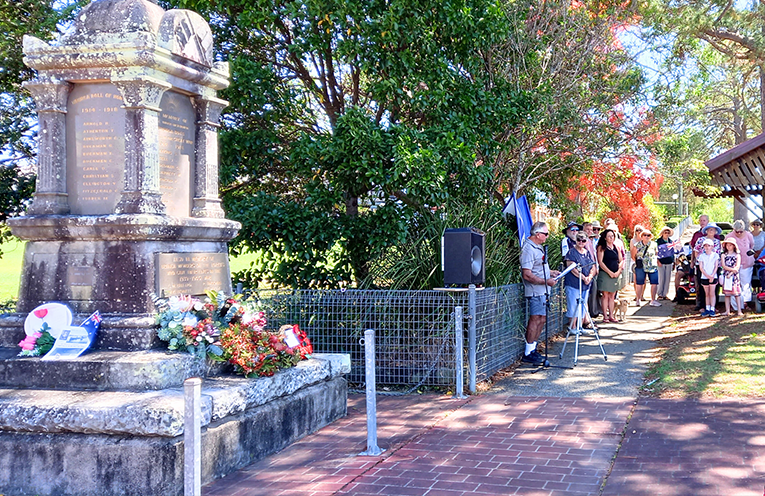
MORE than 100 years after the end of what was described as “the war to end all wars”, Remembrance Day remains a powerful reminder of the terrible cost of war.
As tens of thousands of Australians around the country came together to pay their respects to those who lost their lives in service to the country, residents of Urunga and surrounding areas gathered at the town’s cenotaph a little before 11am on Saturday November 11 to observe Remembrance Day.
“The date and time are significant,” said RSL sub-Branch President John Piggott, “In the first great war the armistice was signed at 11am on the eleventh day of the eleventh month in 1918.”
After more than four years of continuous warfare, the guns of the Western Front fell silent.
Originally known throughout the Commonwealth as Armistice Day, it became Remembrance Day after the Second World War, but the tradition of pausing at the eleventh hour of the eleventh day of the eleventh month continues today.
November 11 is now acknowledged as a day to commemorate those who died or suffered in all wars, and to reflect on the horrors that war inflicts.
The thoughts of most local people were directed to soldiers from Urunga and surrounding villages, particularly descendants of those soldiers whose names are etched on the cenotaph.
Many of those attending the service wore red poppies pinned to a shoulder or lapel, and in his address John Piggott explained their significance.
“Poppies were chosen to be a symbol, or emblem, for Remembrance Day because they grew wild in the battlefields where the soldiers had previously fought, and they bloomed through the devastated earth,” he said.
Members of the Urunga CWA created a poppy centrepiece that was draped over a pole in front of the cenotaph by Annette Rieper, secretary of the local Country Women’s Association branch.
Annette explained that the red poppies symbolise the soldiers killed and injured, while the white poppies stood for the nurses, and purple for the animals.
Wreaths were laid on the cenotaph by a number of local organisations, including Greg Rieper representing Urunga RSL sub-Branch, Barb Piggott, representing C.ex Group, and by a representative of the Urunga Lions Club.
Bellingen Shire Mayor Steve Allan was also in attendance and laid a wreath.
In keeping with tradition, the haunting Last Post was sounded a few minutes before 11am and was followed by a minute’s silence at precisely 11am.
By Susan KONTIC

